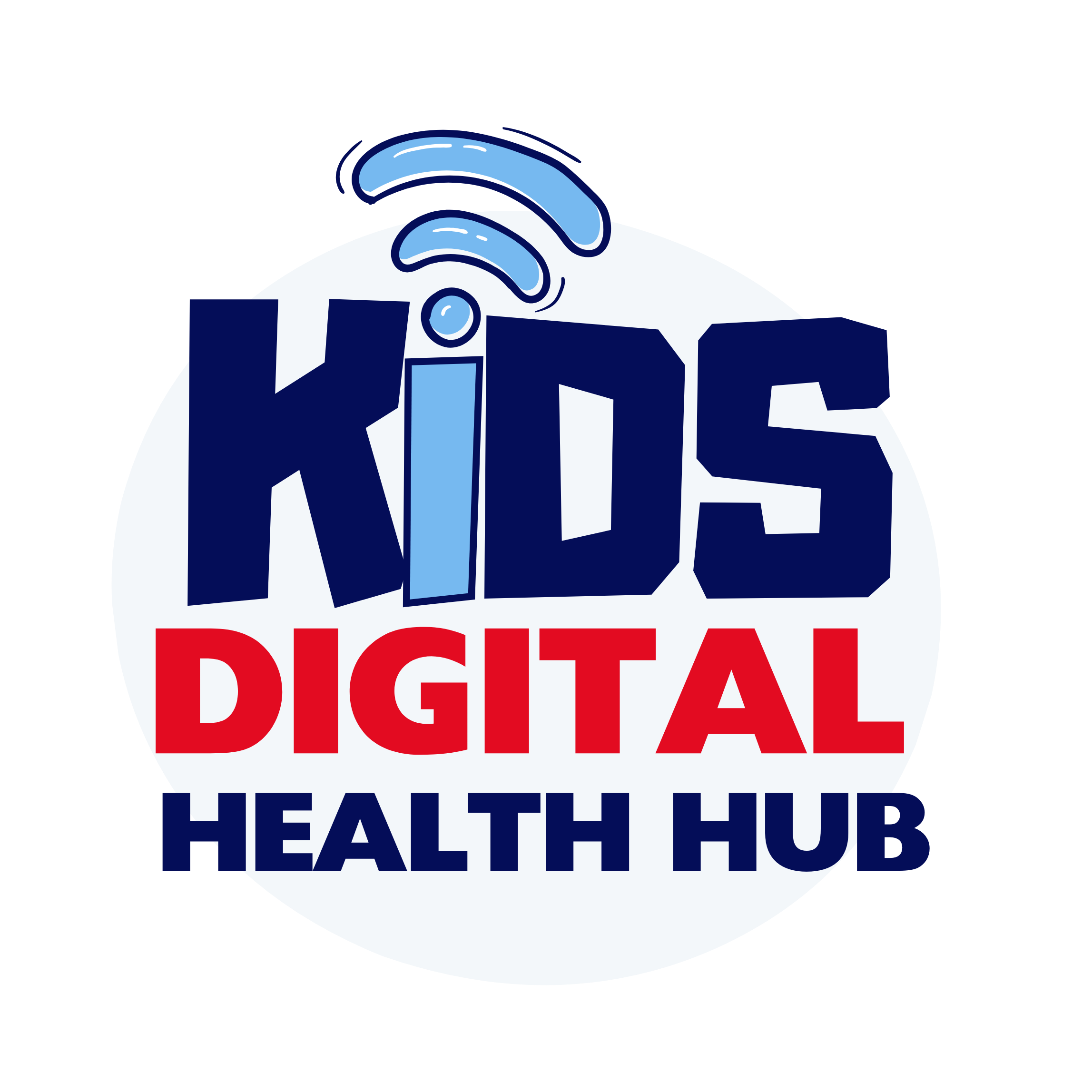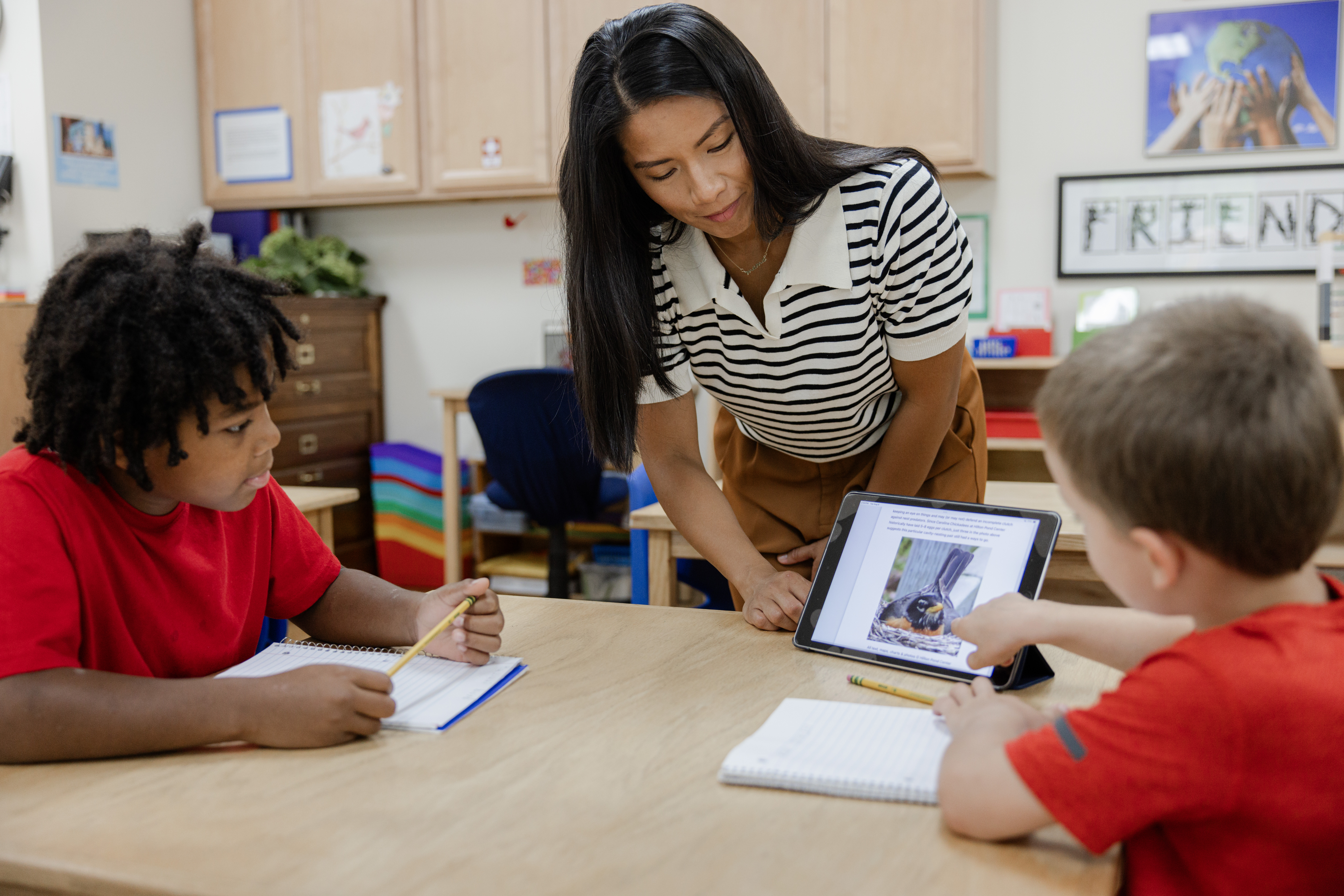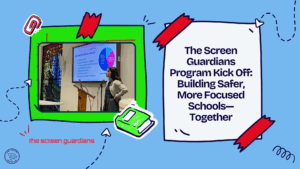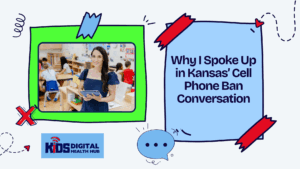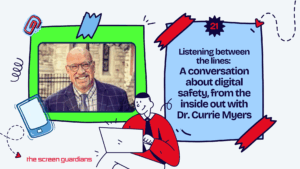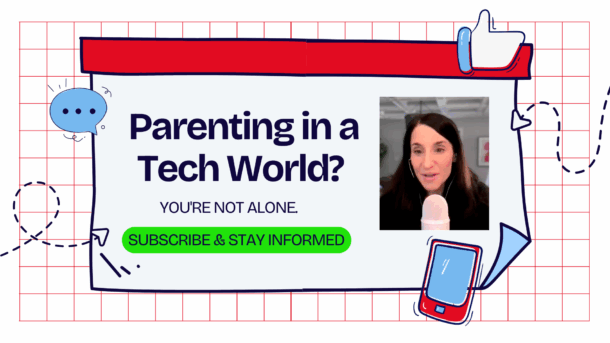In today’s always-connected world, navigating teen mental health and digital safety has never been more urgent—or more complex. As smartphones replace face-to-face conversations and social media becomes a primary social arena, our children are being shaped by experiences that we, as parents, never encountered growing up. Behind every screen is a young person trying to belong, express, and cope—and sometimes, that digital world can become overwhelmingly dark. This powerful story from educator and mother Ellen Riley reveals the raw reality of what can happen when online missteps meet real-world consequences—and why grace, education, and empathy must be at the center of how we support our kids.
Table of Contents
Teen Mental Health and Digital Safety: A Grieving Mother’s Call to Flip the Culture
When you meet Ellen Riley, you’d never know that behind her composed demeanor and compassionate heart is a mother who lives every day with the unimaginable loss of her son. On May 24th, 2021, Ellen’s 14-year-old son Aidan took his life—and her family’s world changed forever.
But Ellen’s bravery and willingness to speak out is helping transform pain into purpose.

A Life Cut Short, A Legacy Just Beginning
Aidan was everything you could hope for in a son. Bright, inquisitive, athletic, and observant. At just 14, he stood 6’3” and possessed a gift for reading and deep thinking—from a very young age. But like many gifted children, he processed the world differently. His inner complexity required more than conventional parenting. And when life threw challenges his way, it became harder for others—and even Aidan himself—to bridge the gap between strength and fragility.
In the years leading to his passing, a series of deeply traumatic events unfolded that rocked Aidan’s well-being and sense of safety.

Photo of Aidan Michael Riley
When School Politics Become a Family Trauma
Aidan’s father, Mike Riley, was a respected principal at a Catholic school in Kansas City. When a new priest assumed authority over the school and parish, friction built fast—ultimately forcing Mike into a situation no educator or father should face. Ellen described those months as a “smear campaign” that extended beyond her husband’s career to their children’s daily safety at school.
A once-stable environment turned hostile. Teachers and peers alike participated—knowingly or not—in the harmful narrative that targeted Mike and, by association, Aidan. When the school’s administration requested a private meeting with Aidan under thin accusations, Ellen and Mike made the heartbreaking but protective decision to pull him out.
But leaving the school didn’t stop the rumors. The whisper going around? Aidan had been expelled. Though untrue, the weight of social judgment stuck.

The Digital Storm That Followed
In middle school—already a vulnerable season of identity and belonging—Aidan was struggling to adjust. Then in early 2020, the pandemic hit. What had been fragile became fractured. Technology became the only way to connect, yet it also became the very platform where things began to unravel for Aidan.
Navigating digital safety in a COVID-era, tech-driven world wasn’t easy. Ellen and Mike tried everything right: they used contracts, open discussions, and regular monitoring. But social norms shifted fast—Snapchat replaced texting, online group chats became the new playground, and the invisible weight of digital peer pressure took its toll.
With no ill intent but a very poor choice, Aidan posted an inappropriate message on social media during a conversation among boys upset by a peer’s Me Too content. The comment included the girl’s name and was meant as a joke that went too far—but it changed everything.
Within 30 minutes, the post had been screenshot and shared. The girl’s father—a powerful attorney—called Mike screaming threats. The family tried to apologize. They begged for a meeting. They brought Aidan to their doorstep. But no one opened the door.
Instead, they prepared a police statement. And days later…
A Child Arrested
At 13, Aidan was cited for harassment via telecommunication device. The police showed up at their home. His phone was confiscated, and the shame he’d been holding exploded into silence. It was the final blow.
Ellen described that year—the wait for court dates, the humiliating phone calls trying to defend their son, classmates withdrawing invitations, and the deepening feeling that no redemption would be allowed.
“Everyone makes mistakes,” Ellen said. “But your ability to recover from mistakes—that’s what defines you. And Aidan never got the chance to recover.”
We Can—and Must—Do Better
Aidan didn’t die because of one incident. He died because culture didn’t offer him a recovery plan.
We judge. We punish. We label. But we don’t often sit long enough in empathy to recognize the human behind the misstep—especially when they’re just kids.
Ellen’s mission now is clear: flip the culture.
Through public speaking, advocacy, and kindness campaigns under the hashtags #BeBraveEnoughToBeKind and #FlipTheCulture, she and her family are working to shift the narrative. Because the truth is: kids will stumble, especially online. And it’s our role as adults, not just parents, to help them course-correct—not crush their spirit.

Billboards across U.S. send JoCo family’s message to ‘flip the culture’ on teen suicide
What Digital Parents Should Remember
- Technology Isn’t the Enemy, Silence Is
A device isn’t inherently harmful. It’s the lack of connection, conversation, and support that puts kids at risk. - Boundaries Matter, But So Does Grace
Yes, monitor. Yes, establish guidelines. But never remove love when they mess up. Your child needs both protection and mercy. - Accountability Should Build, Not Break
Help kids apologize. Help them own their mistakes. But don’t weaponize those moments to reduce their worth. - Stay Curious
Keep asking questions. Be your child’s safest place, even when you’re disappointed or confused. - Every Child Deserves a Second Chance
What could you do to offer more grace today—to your kids, your students, your neighbors?

Photo from – Johnson County Post
Ellen’s Lasting Question to All Families
“When—not if—your child messes up… what is your family’s recovery plan?”
Because that plan could be the bridge that keeps a child here. The truth? Grace doesn’t just heal—it can save.
Follow Ellen’s journey and advocacy on Instagram at @CuratorOfQuotes.
To learn more about navigating digital safety for your kids, visit Kids Digital Health Hub.
Let’s be the generation brave enough to be kind.
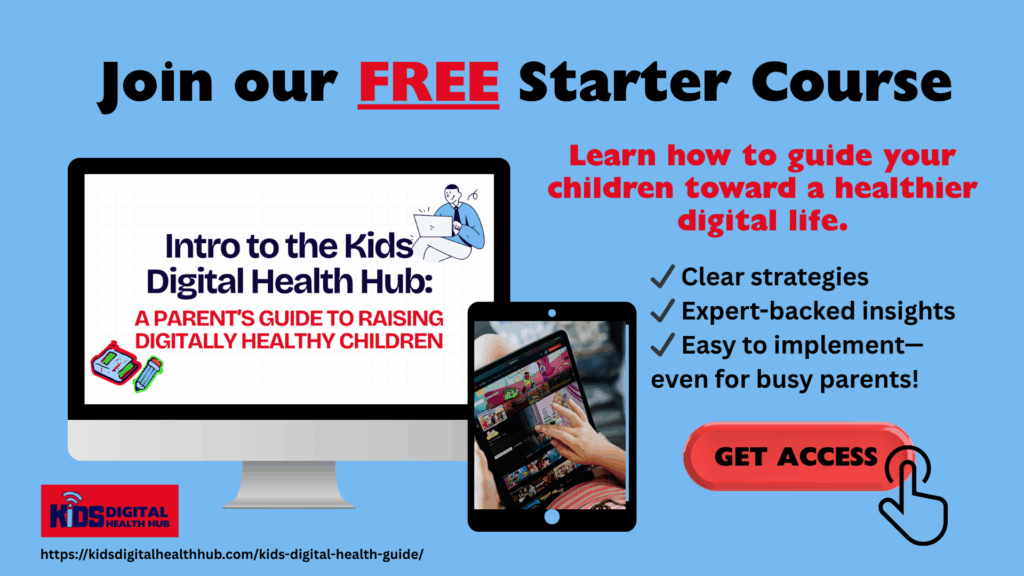
If you or someone you know is struggling with mental health or suicide ideation, please get in touch with the Suicide and Crisis Lifeline at 988.
Other resources:
- Mental Health America
- American Academy of Pediatrics
- Common Sense Media
- 988 Suicide & Crisis Lifeline
